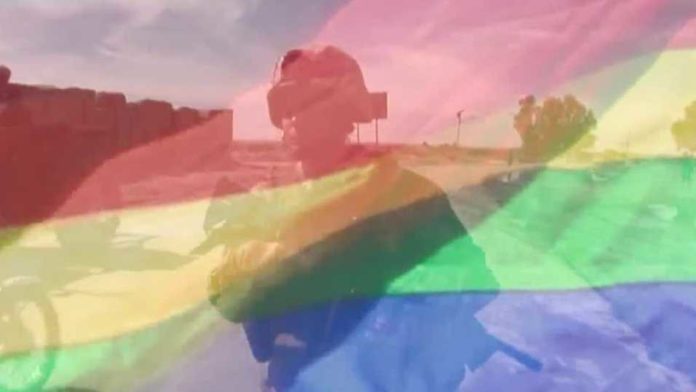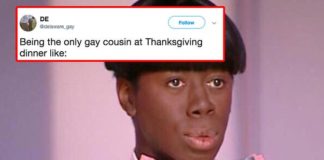
As the end of Pride Month nears, an openly gay member of the Army National Guard is speaking out, sharing that the U.S. military has made great strides in diversity in the decade since the repeal of “Don’t Ask, Don’t Tell.”Lt. Col. Jeff Roth said when he joined the Army 20 years ago, he lived a secret life out of necessity.”I was in relationships — or dating people — (I) had to be very careful about who I was out to, where I was out, how I was, went out and about my daily life in public because that could have a consequence on my military career,” Roth said.The now-defunct policy forced gay and lesbian members of the military to serve in silence. When it ended in 2011, Roth said it was a non-event, and the fears that it would undermine military professionalism didn’t happen. “I think what has changed is (that) I can be open and honest with my teammates,” Roth said. “I can be my authentic self, I can share who I am, and vice versa. That builds trust and confidence.”Roth said about 13,000 gay and lesbian troops were forced out of the military under “Don’t Ask, Don’t Tell.”Since then, Roth said things have gotten better.”As we move forward as a military, I think we can be very proud of our diversity, how we’re changing our culture to be more welcoming people and let the number of people the very small number of people who raise their hand to say, ‘I want to serve,’ need all of our support,” he said.Roth said the biggest surprise for him came last year — he had the opportunity to attend a Pride luncheon on a military base while serving overseas.”It was the first time I saw visible evidence of (a) complete shift in how we approach it,” he said.Roth said the National Guard went further, sending out a letter in support of its LGBTQ members that noted celebrating pride and recognizing the contributions of LGBTQ to people who serve in the military.Roth said it took him several years after the repeal of “Don’t Ask, Don’t Tell” before he came out — since he doesn’t believe it has had any effect on his military career.
As the end of Pride Month nears, an openly gay member of the Army National Guard is speaking out, sharing that the U.S. military has made great strides in diversity in the decade since the repeal of “Don’t Ask, Don’t Tell.”
Lt. Col. Jeff Roth said when he joined the Army 20 years ago, he lived a secret life out of necessity.
Advertisement
“I was in relationships — or dating people — (I) had to be very careful about who I was out to, where I was out, how I was, went out and about my daily life in public because that could have a consequence on my military career,” Roth said.
The now-defunct policy forced gay and lesbian members of the military to serve in silence.
When it ended in 2011, Roth said it was a non-event, and the fears that it would undermine military professionalism didn’t happen.
“I think what has changed is (that) I can be open and honest with my teammates,” Roth said. “I can be my authentic self, I can share who I am, and vice versa. That builds trust and confidence.”
Roth said about 13,000 gay and lesbian troops were forced out of the military under “Don’t Ask, Don’t Tell.”
Since then, Roth said things have gotten better.
“As we move forward as a military, I think we can be very proud of our diversity, how we’re changing our culture to be more welcoming people and let the number of people the very small number of people who raise their hand to say, ‘I want to serve,’ need all of our support,” he said.
Roth said the biggest surprise for him came last year — he had the opportunity to attend a Pride luncheon on a military base while serving overseas.
“It was the first time I saw visible evidence of (a) complete shift in how we approach it,” he said.
Roth said the National Guard went further, sending out a letter in support of its LGBTQ members that noted celebrating pride and recognizing the contributions of LGBTQ to people who serve in the military.
Roth said it took him several years after the repeal of “Don’t Ask, Don’t Tell” before he came out — since he doesn’t believe it has had any effect on his military career.







